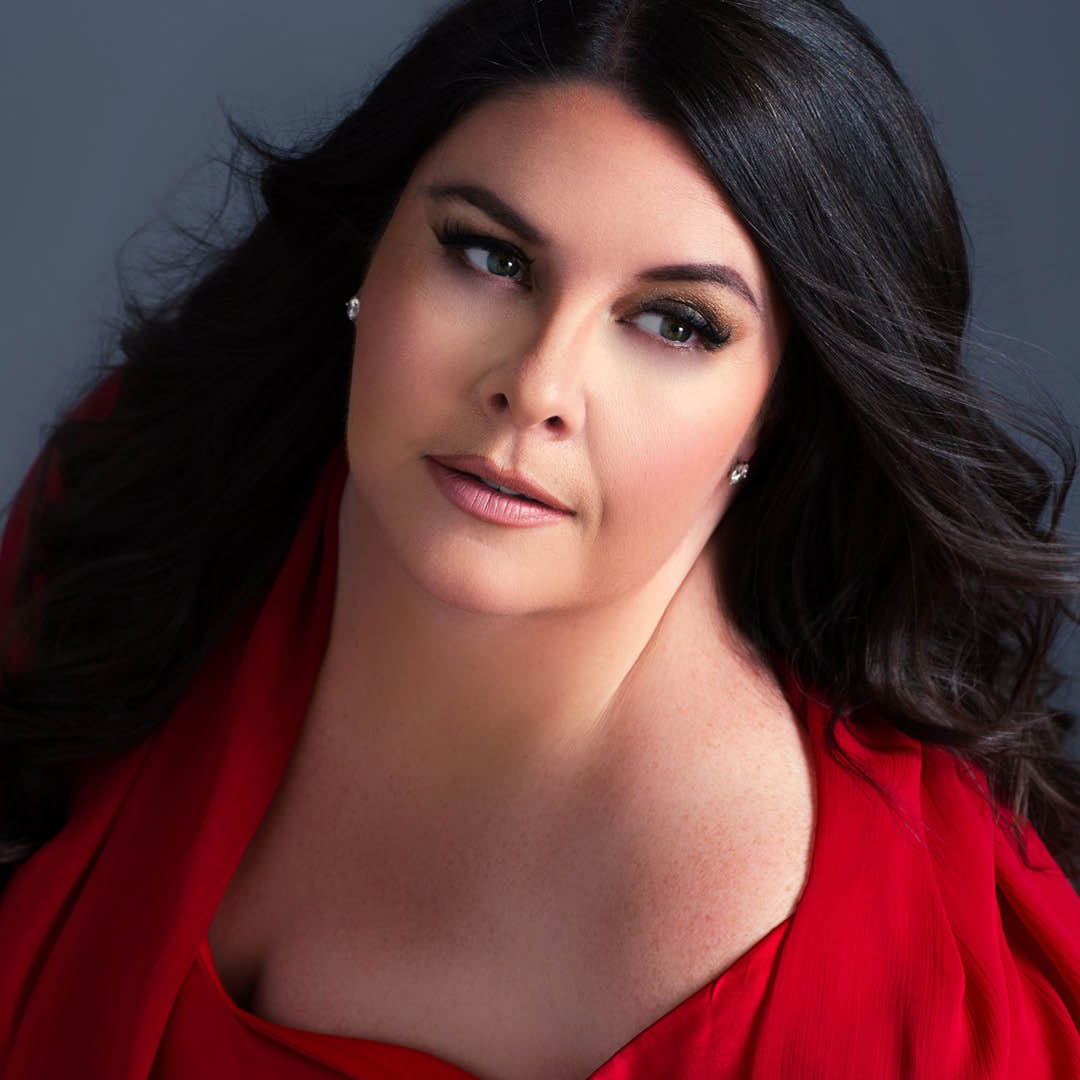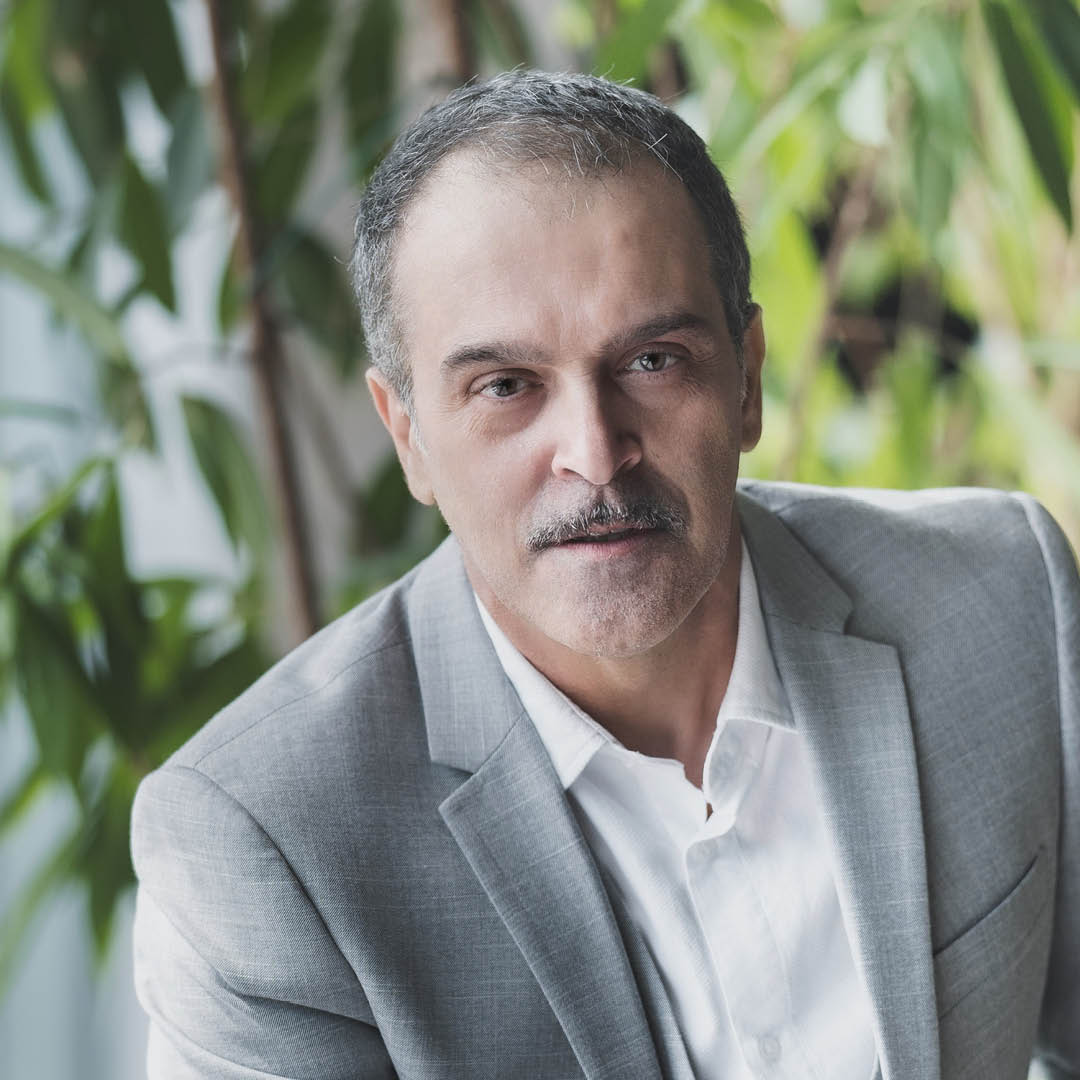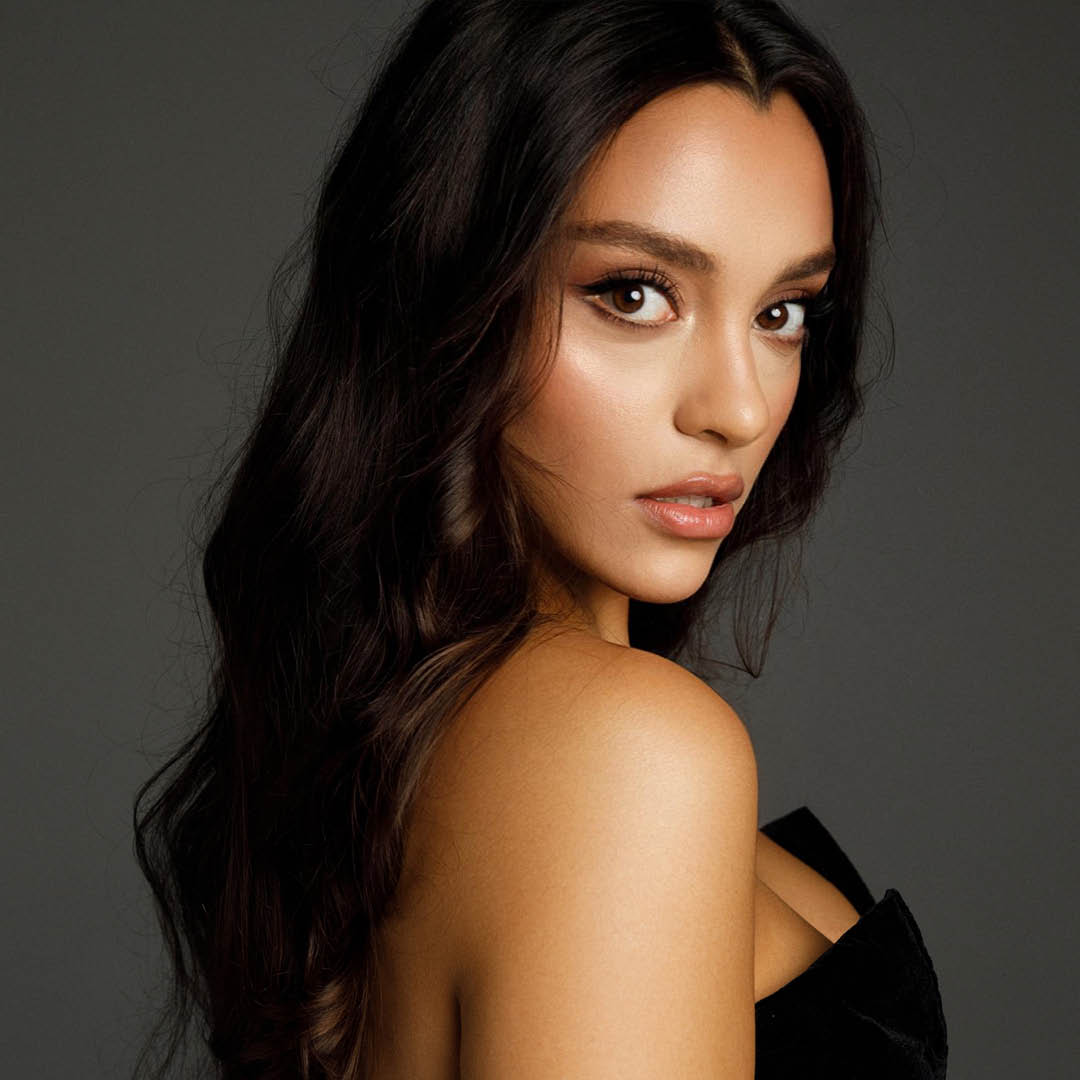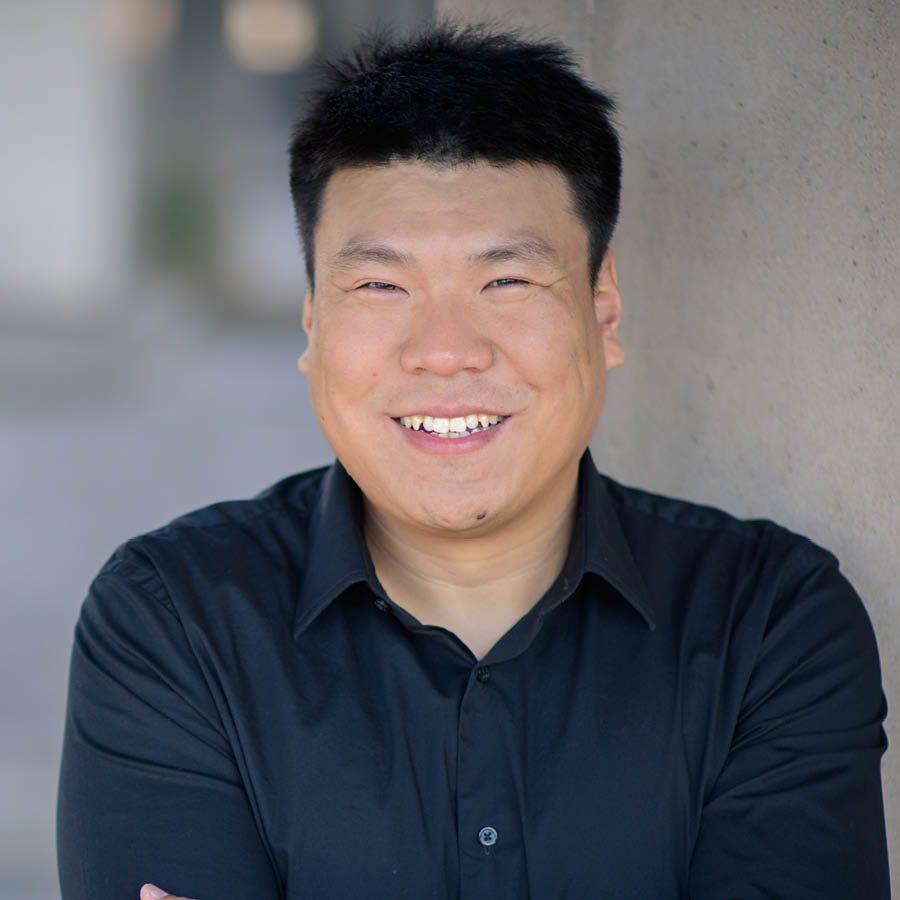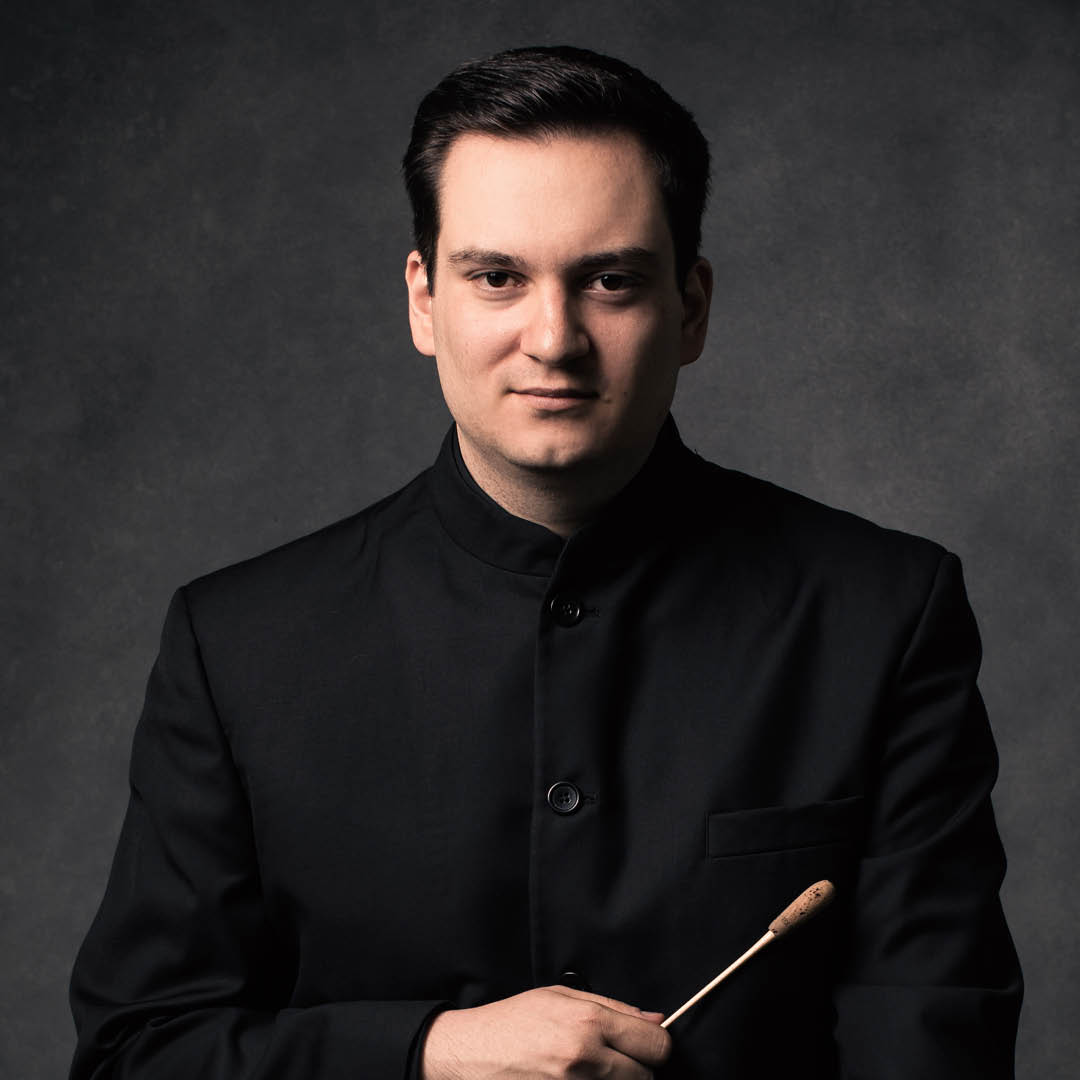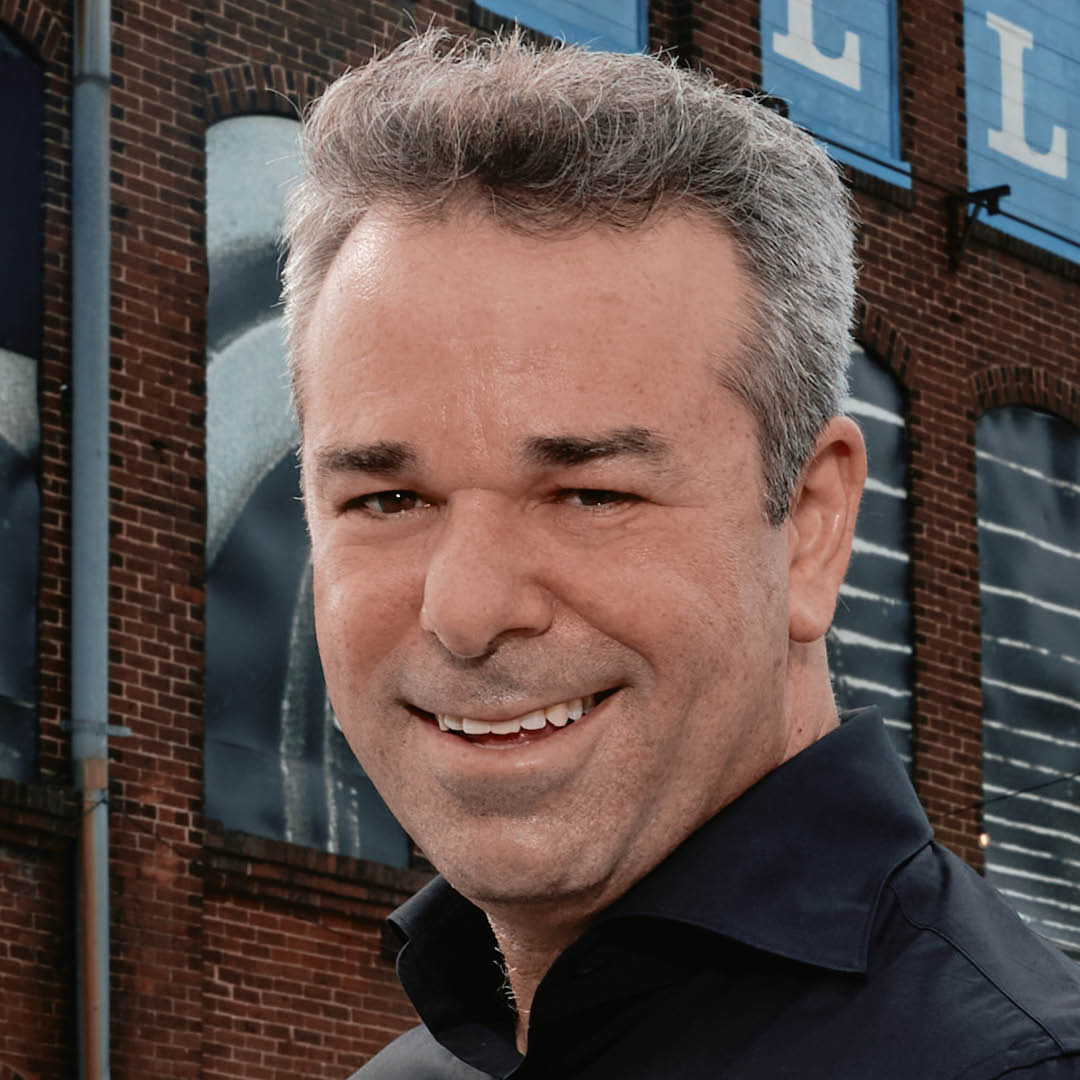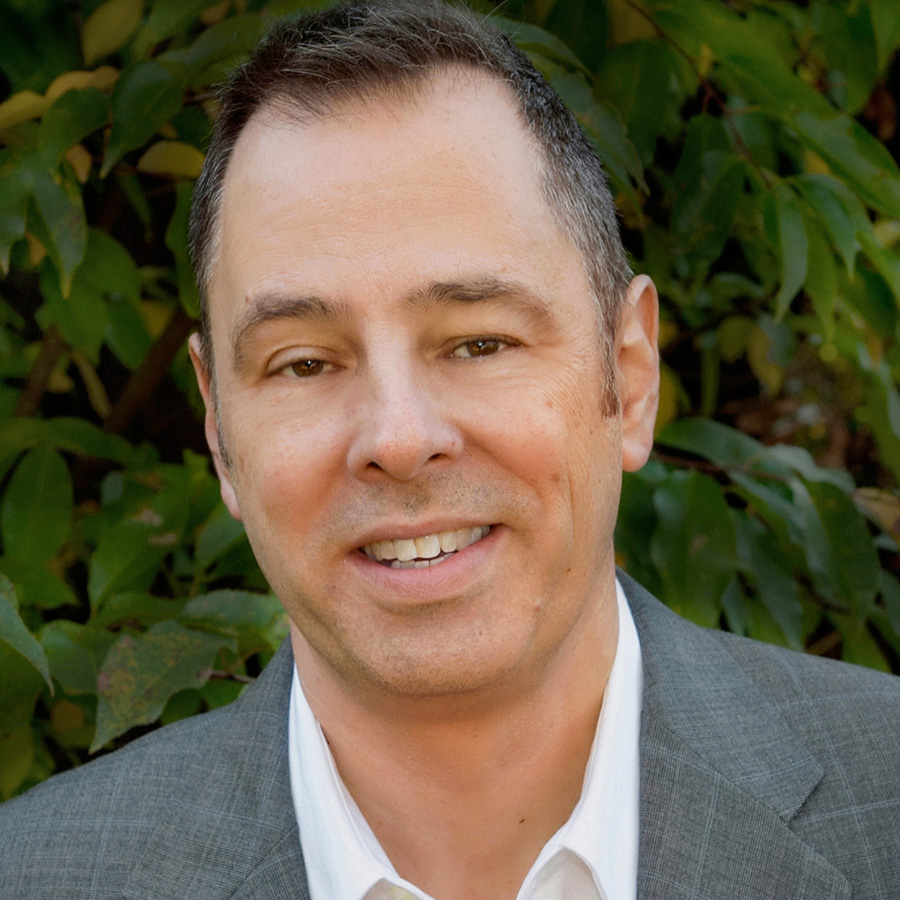Cast + Creative
Cast
Creative
Creators
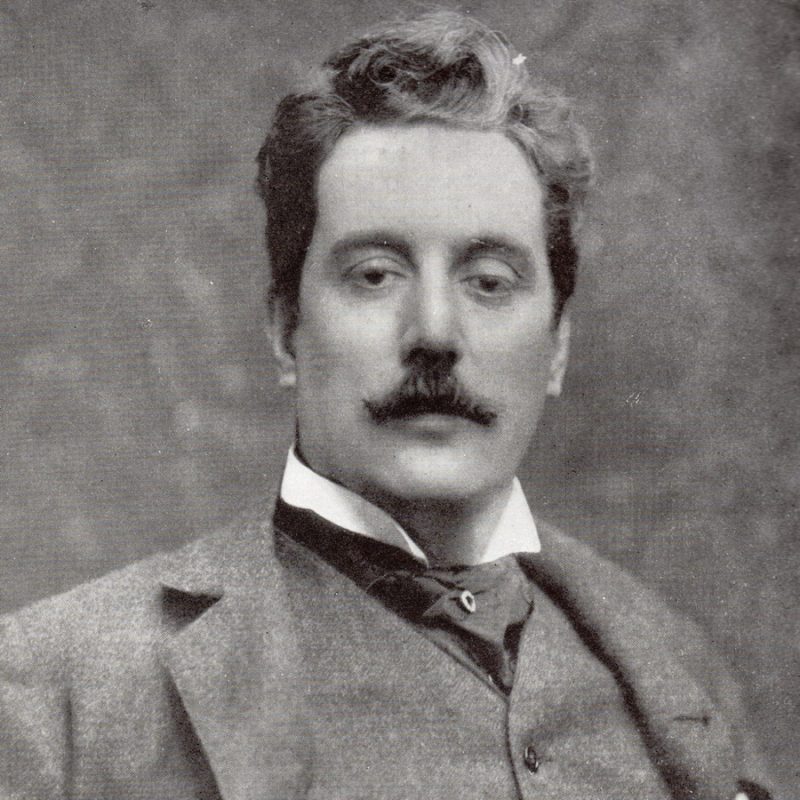
Giacomo Puccini
Composer
Giacomo Puccini (Giacomo Antonio Domenico Michele Secondo Maria Puccini) was born on December 22, 1858 in Lucca, Italy. He was one of the greatest exponents of operatic realism, who virtually brought the history of Italian opera to an end. His mature operas included La Bohème (1896), Tosca (1900), Madama Butterfly (1904), and Turandot (left incomplete).
Puccini’s conception of diatonic melody is rooted in the tradition of 19th-century Italian opera, but his harmonic and orchestral style indicate that he was also aware of contemporary developments, notably the work of the Impressionists and of Stravinsky. Though he allowed the orchestra a more active role, he upheld the traditional vocal style of Italian opera, in which the singers carry the burden of the music. In many ways a typical fin de siècle artist, Puccini nevertheless can be ranked as the greatest exponent of operatic realism.
Full Bio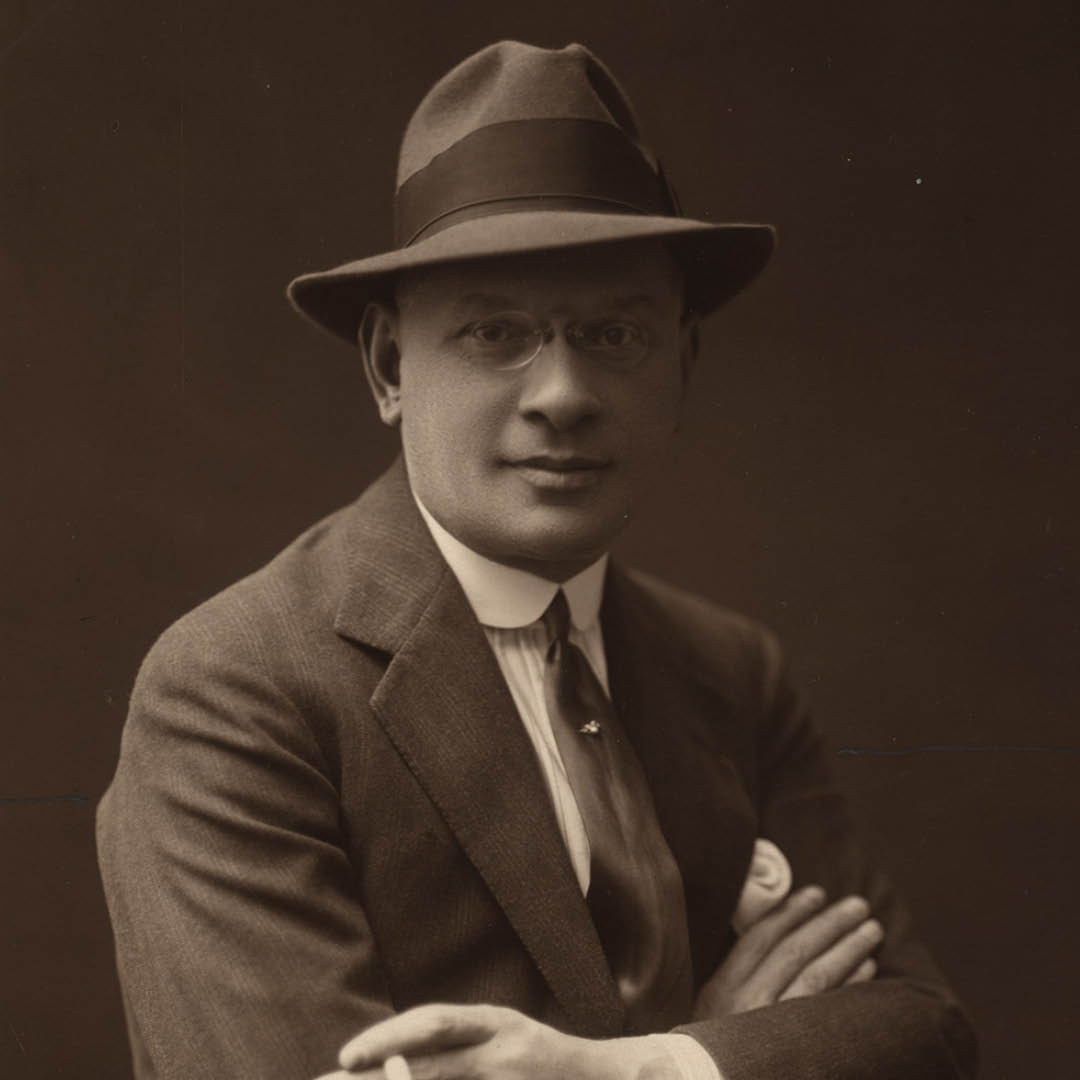
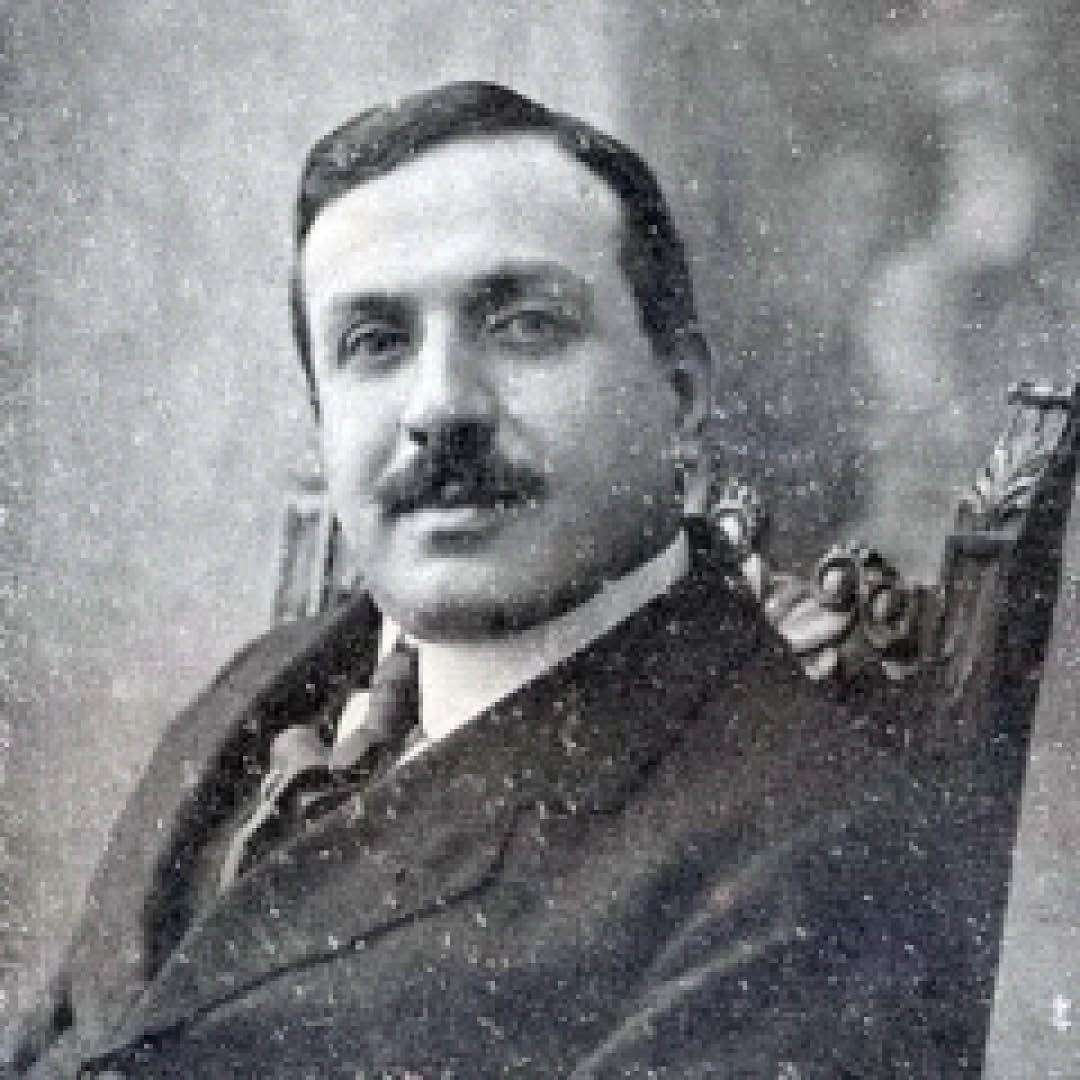
Plan Your Visit
Cobb Energy Performing Arts Centre


